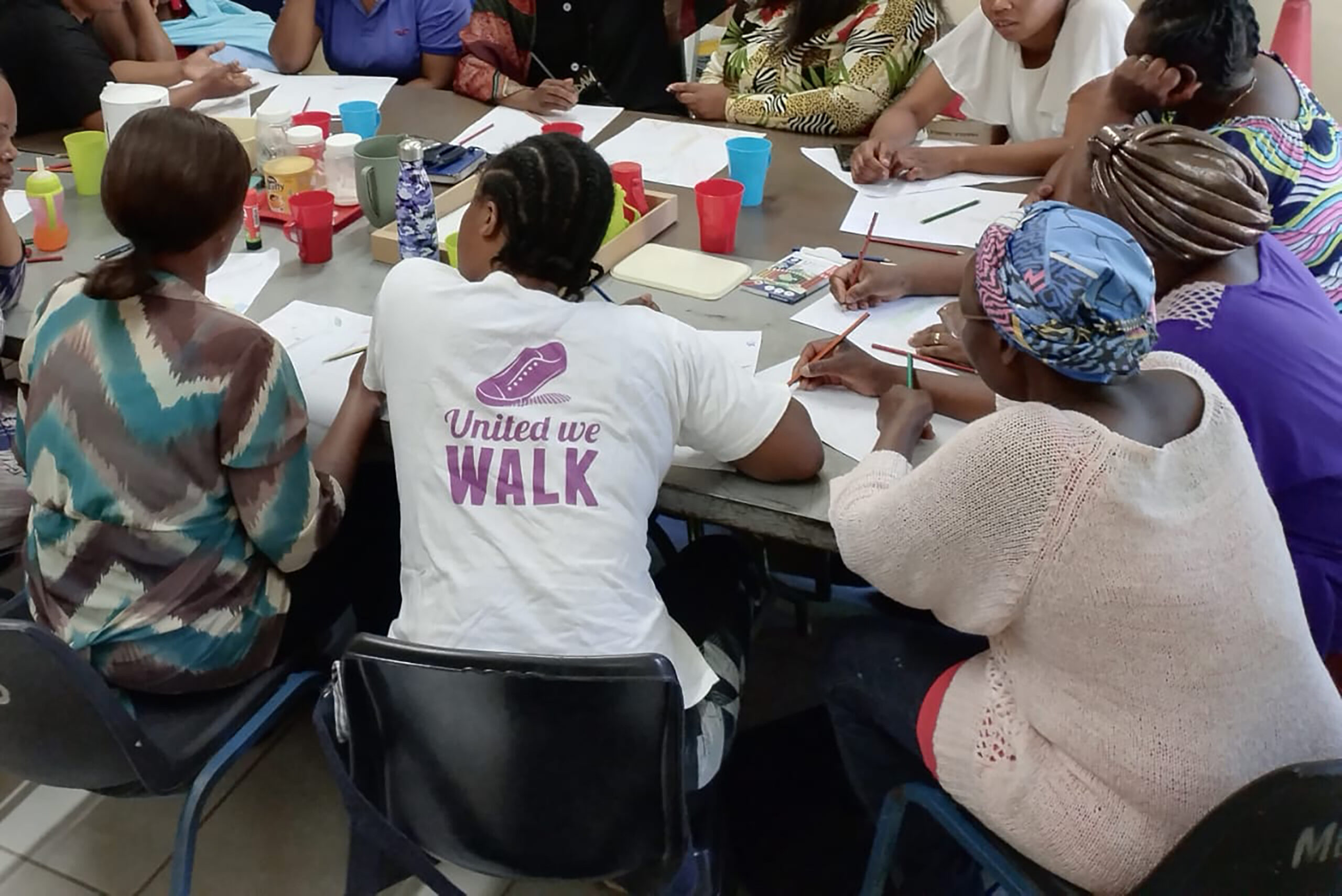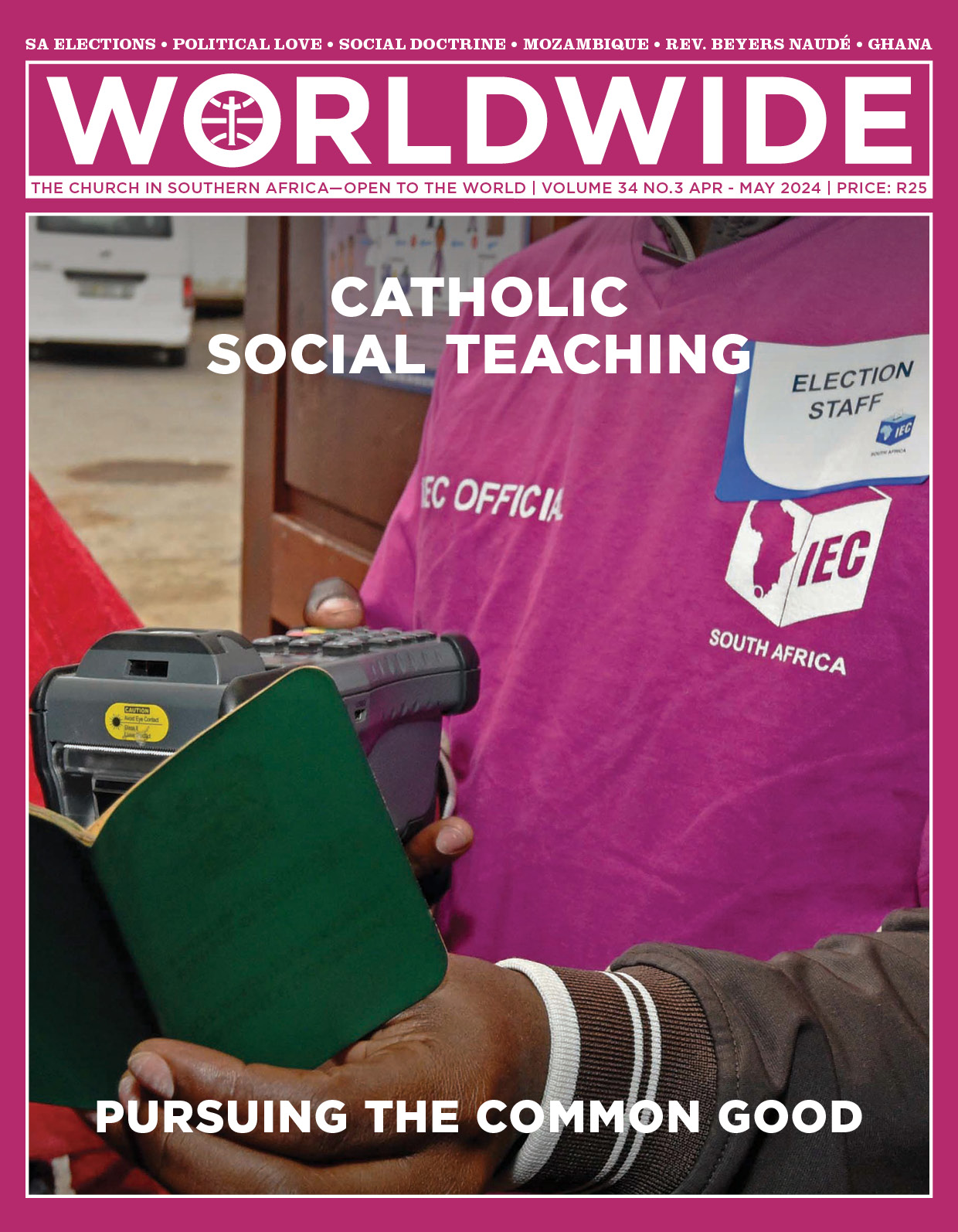
CATHOLIC SOCIAL TEACHING, PURSUING THE COMMON GOOD
It is the honourable responsibility of Christians to contribute by means of active participation to building a society where the common good is fundamental. As Pope Benedict XVI affirmed: “There is a need for authentically Christian politicians but, even more so, for lay faithful who witness to Christ and the Gospel in the civil and political community.” (Address to the 24th Plenary Session of the Pontifical Council for the Laity).
SPECIAL REPORT • THE SOCIAL DOCTRINE OF THE CHURCH (SDC)
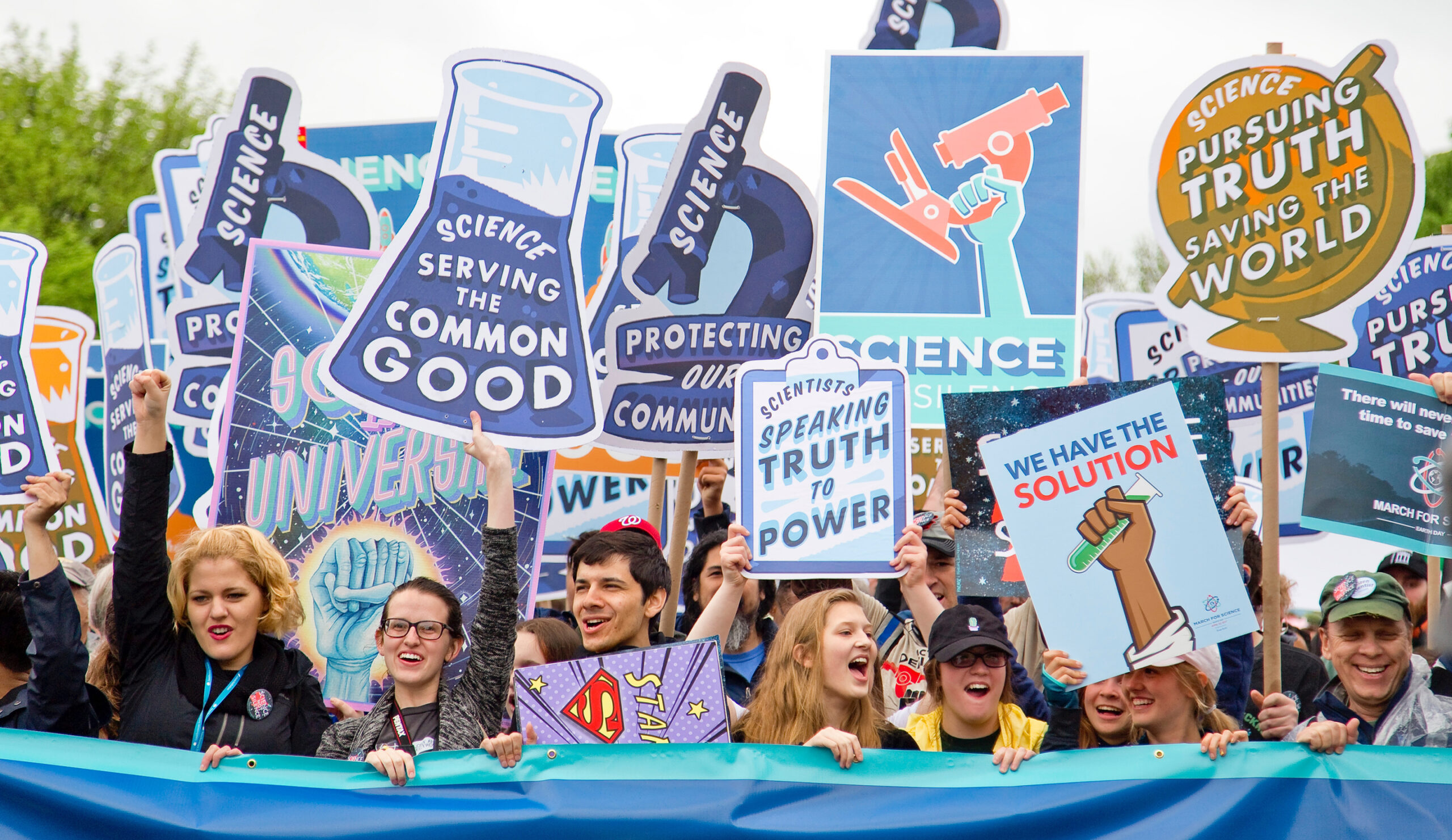
SDC, A TRANSFORMATIVE FORCE TO CHANGE SOCIETY
Scripture and the Tradition of the Church, expressed through numerous documents, highlight the relevance of the basic principles of the Social Doctrine of the Church. The latter is a treasure for the advancement of the Kingdom of God which the vast majority of faithful are not sufficiently familiar with.
BY FR JOSEPH CARAMAZZA MCCJ
THE SOCIAL Doctrine of the Church (SDC) is contained in the documents and directives issued by the Church in relation to social, political, and economic issues. This body of teaching can be traced back to Pope Leo XIII. His encyclical Rerum Novarum initiated particular attention of the Church to social issues. Yet, the SDC goes beyond pontifical documents. These form the basis of organized teaching, but the SDC is broader, and includes the achievements of individuals and communities in building the Kingdom of God (KOG). The SDC is, therefore, present in various ecclesial documents, and it includes principles with which to evaluate the direction of society; action guidelines to orientate the believer’s behavior; and valid proposals for the “people of goodwill”.
There cannot be an announcement of Christ separated from the social commitment of the community gathered around Him.
The SDC is also an evangelizing force. The community, taking care of everyone, shows the face of the Father. Social action is not simple human solidarity; it refers to the principle that makes us brothers and sisters. It is therefore a teaching that goes beyond ethics, which directs behavior to become social morality: the way in which God’s plan is implemented in society, making visible the loving relationship of the Father with human beings and with all of creation. It is no coincidence that in the encyclical Mater et Magistra (1962) Pope John XXIII stated that the SDC “is an integral part of the Christian conception of life”. There cannot be an announcement of Christ separated from the social commitment of the community gathered around Him.
The Sources
The SDC is based on three main pillars: the Word of God, the experience of the Church and the basic principles.
The Word – The critical study of the Bible allows us to understand the meaning of the Word in the context in which it was born. This meaning must be further elaborated in the light of the historical and social situations which the community experiences. Thus, the Word becomes the main source for discerning the path that the community must take to respond to the needs of the times.
The experience of the Church – The Christian community is not continually reborn from nothing. There is a history behind us, a continuous attempt to build a new society. The Church does not ignore this experience, on the contrary, it continually re-evaluates it, though expressions and methods change. We cannot disregard the many generations of Christians before us who asked themselves the same questions which we ask, and found satisfactory answers.
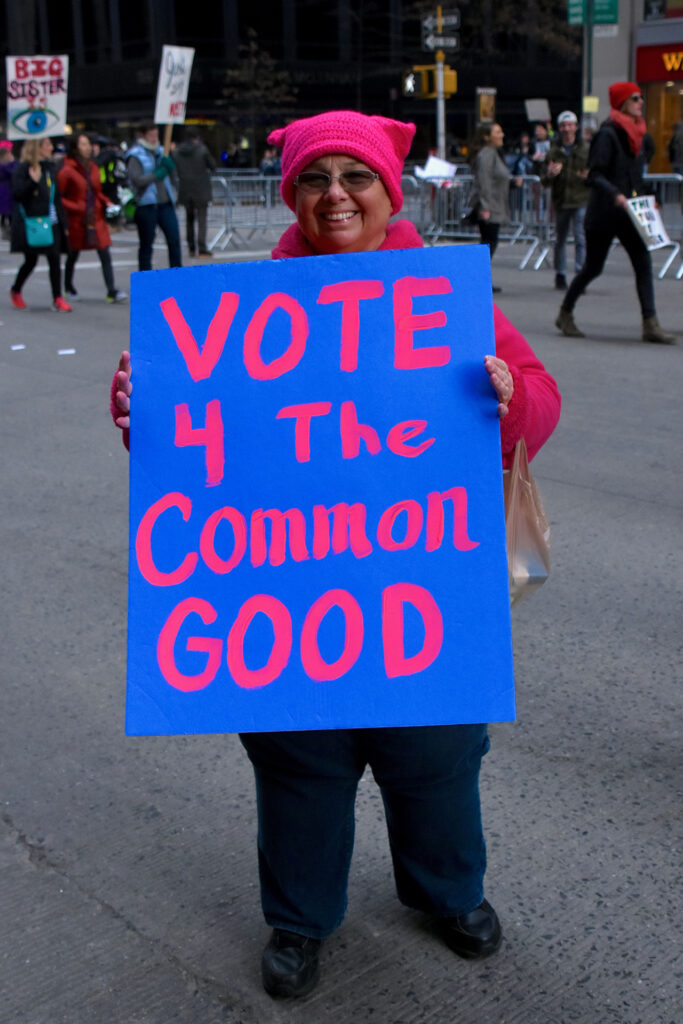
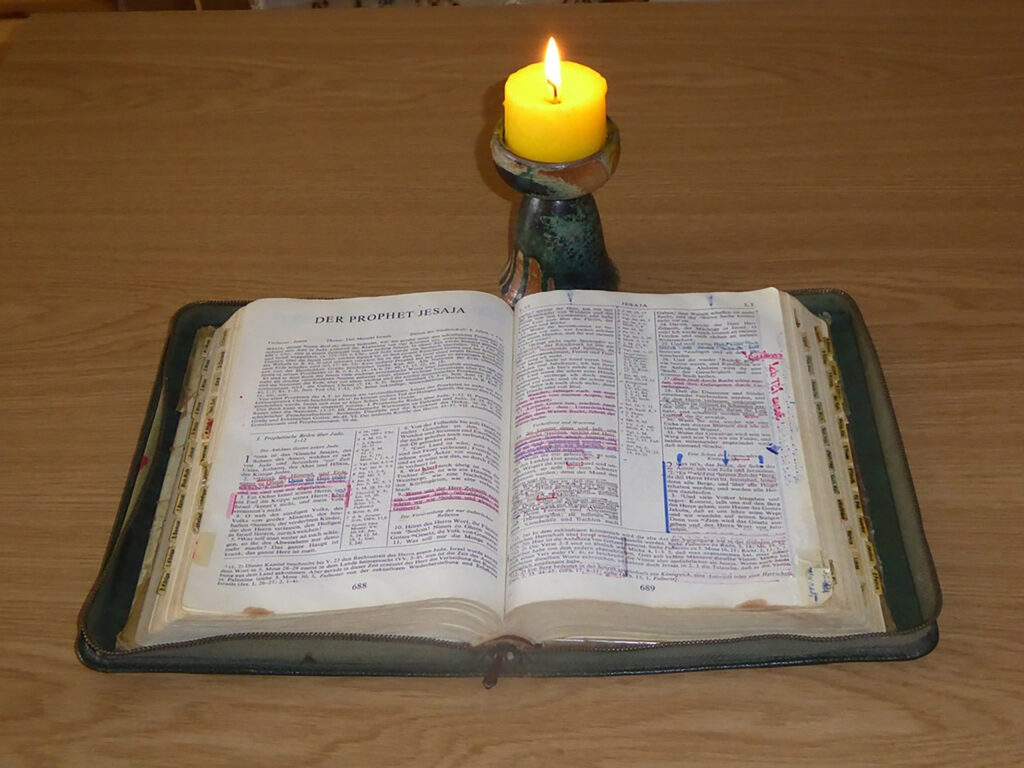
The basic principles: Therefore, the foundation of the SDC is the commandment to love God, who is our Father, and therefore one’s neighbor as oneself. Christian solidarity is born here. There are four basic elements which have always been recognized by Church documents, namely: the human dignity, the common good, subsidiarity, and solidarity.
The human person is the primary objective of the SDC. Every person is an image of the Father and possesses some inalienable values. The evangelical image of the Good Samaritan leads us back to the passion that God has for every person. The SDC teaches us that the dignity of every person must be protected throughout.
The second principle is the common good. Human beings have personal dignity, and this is expressed in social life. No one can realize himself or herself in isolation. Human beings need the community to grow, but also to be able to serve others. Otherness allows us to express our individuality. It is in relationship then that I discover how my personal good cannot be absolute. It must necessarily measure itself against the common good.
Regarding the principle of subsidiarity: it postulates that decisions affecting a community must be made by the authority closest to that community. This principle aims to avoid all types of totalitarianism, invasive politics, and excessive control of the community’s activities. This principle implies that the State, in all its forms, is at the service of the citizens and not superior to them.
The State, in all its forms, is at the service of the citizens and not superior to them.
Lastly, we have the principle of solidarity. Reflecting on the growing interdependence of peoples, cultures and their activities, St John Paul II invited us to recognize the unity of the human family. In Sollicitudo rei Socialis (1987), the Pope asserted that solidarity invites us to grow in our sensitivity towards others, especially those who suffer. This means taking care of each other, both locally and globally.
New paths for reflection
After the Second Vatican Council, reflection on social doctrine received a vast synthesis in the encyclicals of St John Paul II. However, we must consider the many initiatives of local churches, and the proposals received from the World Council of Churches. With due distinctions of merit and authority, these proposals have also contributed to a better awareness of the SDC.
In Caritas in Veritate (2009), Benedict XVI presented the most lucid insight into the principle of the common good. The common good is the good of all human beings and of the whole human person, in its fundamental dimensions: material, socio-relational and spiritual. These dimensions interact and enhance the human being. When one component is missing, it is the whole person who suffers. It is therefore not permissible to deprive a person of the possibility of growing in any one of these aspects. The common good has something to say about work, market laws, and social issues. Furthermore, politics has the duty to promote integral human development. Political-economic deviations—corporatism, capitalism without rules, totalitarian regimes —cannot be tolerated by Christians, but in fact need to receive criticism and opposition.
Pope Francis has developed these ideas further. Let›s take a closer look at three of his documents.
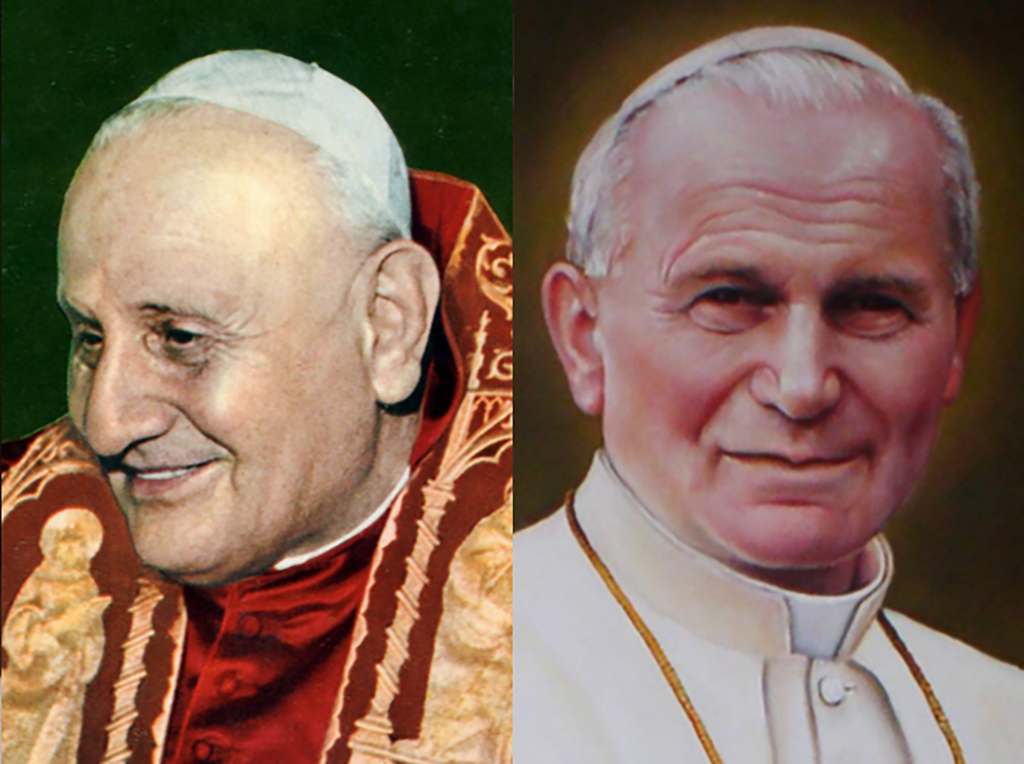
Evangelii Gaudium – Some commentators have analysed this document on the theme of joy in great depth. This is certainly a present theme, but it is not at the centre of the document. A quick glance at the index of this document suffices for us to understand which direction the Pope invites us to take. We find titles such as: The missionary transformation of the Church – An outgoing Church; The proclamation of the gospel; The social dimension of evangelization. It is thus evident that the content focuses on the identity of the evangelizer, his/her specific preparation, the importance of testimony, and his/her social commitment.
Its fourth chapter is dedicated to the social dimension of evangelization: evangelization cannot be separated from social commitment. The KOG is, after all, the alternative society which Christ asks us to promote. It is not possible to build the KOG without intervening in society. Support for the poor, transformation of the economy and politics, ecumenical and inter-religious dialogue, and the search for true religious freedom are some of the points addressed by the encyclical.
Laudato Si’ – With this encyclical, Pope Francis wanted to underline the preciousness of our common home, and the serious problems which afflict her. The ecological question has its roots in the type of social development that humanity has embraced.
Evangelization cannot be separated from social commitment.
Pope Francis wants the Church, and all of society, to become aware of the vulnerability of our common home. The first part of the encyclical is a lucid analysis of the world situation. The problems cited are climate change, the question of water, pollution, the loss of biodiversity, the deterioration of the quality of human life, the spread of inequity in a sea of indifference and presumed impotence, and the social degradation which all of these elements cause.
Finally, we look at the problem of resource distribution. “The hunger scandal cries out for revenge, unresolved despite the commitment of international organizations”— said the Pope speaking to the FAO in 2020. “The causes of hunger and malnutrition in the world today are more or less evident to everyone, they depend on a wicked and unequal distribution of resources, from the plundering carried out by some societies and nations to the detriment of others, from wars, from a generalized lack of fraternity between men and women, blinded by the illusion of dominating both nature and the weakest, chasing a form of material wellbeing which has translated into what is called consumerism with its consumerist ideology”.


Fratelli Tutti – “The shadows of a closed world”, with these words, Pope Francis titles the first chapter of the encyclical. These are words which seem to indicate an underlying pessimism. The following analysis reveals a complex, and not always pleasant, reality. However, there is no pessimism here; it is instead realism. Human experience forces us to recognize how, specifically in today’s world, but perhaps also in the past, there are and have been such disparities, which disfigure the fact that we are brothers and sisters; or rather, that we treat each other as such.
If the global path after the Second World War had given rise to hopes for the maturation of universally recognized values, reality tells us that we are far from that goal. We can instead talk about the relegation of human rights, a return to tribal conflicts of interests, of a growing separation between politics, finance, and life. In other words, that impetus for internationality and renewal which crossed the 1960’s has waned, without evident progress. Pope Francis notes how human rights and international peace are in a state of continuous fragility.
SDC and evangelization
Even a simple glance at the above allows us to realize the evangelizing significance of the SDC. It is necessary to clarify our understanding of evangelization here. We can stress the aspect of the kerygma, the essential announcement of Christ. However, we can also begin with koinonia, the creation of the community that bears witness to Christ. Others again emphasize dyakonia, which is service to the community and society.
The SDC becomes the blueprint for social action, guided by the Word of God, aiming at building the alternative human society that God wishes for everyone.
Evangelization is in fact a complex reality and has many aspects, none of which should be underestimated. Defining what the Church is, allows us to understand what the function of the Christian community in the world is. There are certainly some fundamental aspects that are essential: proclamation, testimony, service, dialogue with science, the transformation of society, designing of economic and development models tailored to the person, changing the world of politics, dialogue with cultures and with the world of culture, and others. In this way, the SDC becomes the blueprint for social action, guided by the Word of God, aiming at building the alternative human society that God wishes for everyone.

